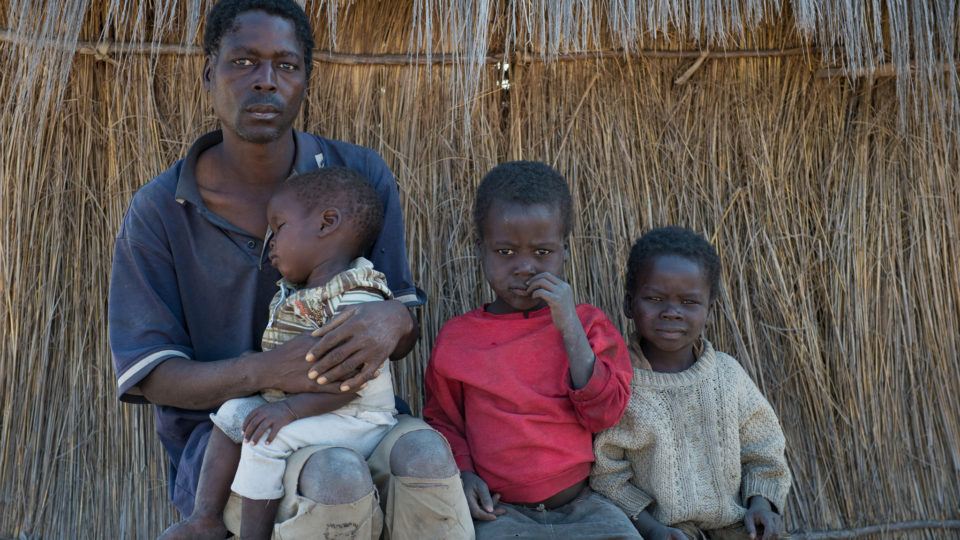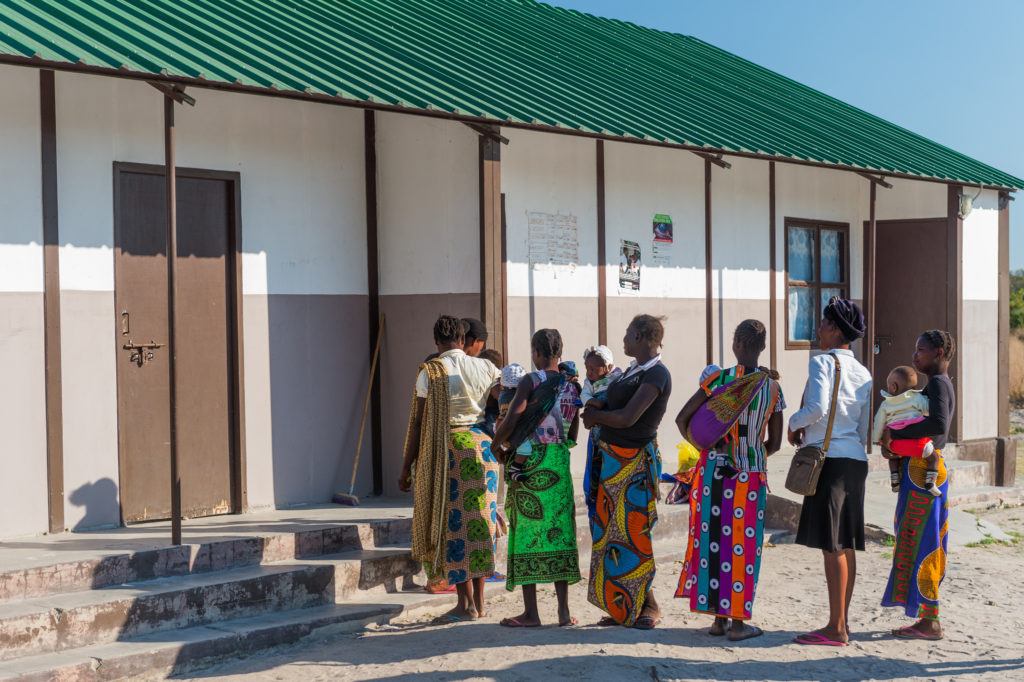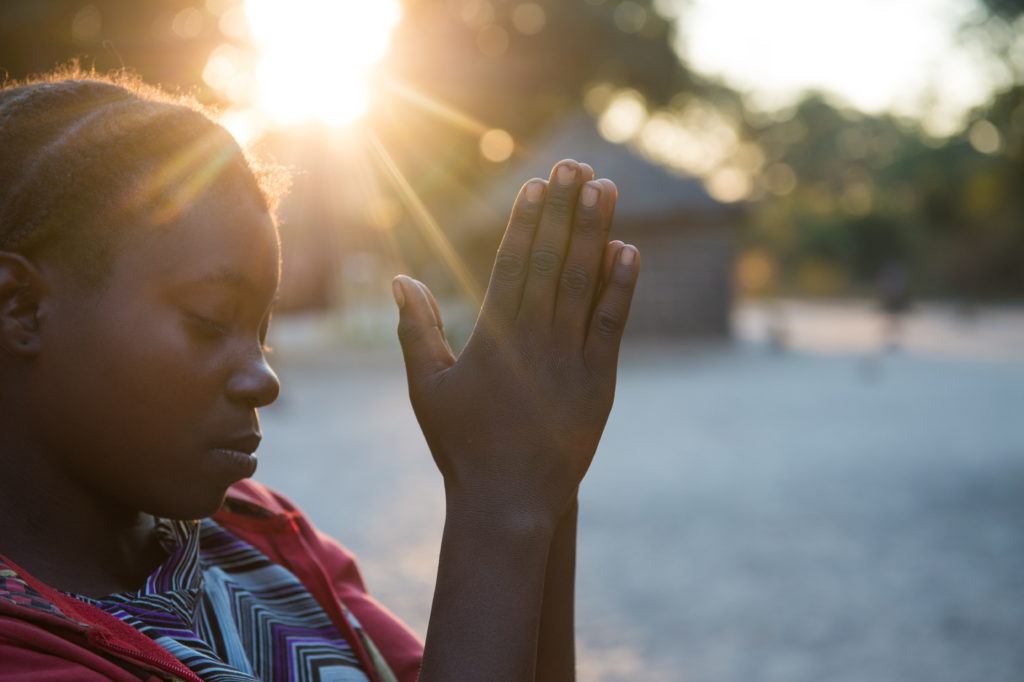Like a Frog in Pot in Zambia

This piece was written by Cassie Richens, a nurse from Australia who is volunteered with our team in Mwandi, Zambia. She reflects on COVID-19 from the perspective of a volunteer nurse abroad.
I arrived in Mwandi 12 days ago.
The village is a three hour drive on a horrid, pot-holed road from the nearest town of Livingstone. It is not isolated in the sense that they don’t see the outside world. People come and go from Livingstone every day. Everyone who has access to a car picks up groceries whenever they can. The village itself has limited supplies, some maize, vegetables, porridge, but not a whole lot else that I’ve seen in my short time here. So in that sense, we are isolated. If something runs out, you go without.
I have mobile data, enough of it to constantly scroll the news. Ever since I arrived, everyday I’ve watched as the COVID-19 pandemic sweeps the world. I’ve read, especially in my own country (Australia) about the insane rush to buy, of all things, toilet paper. But the main thing I have watched is how, COVID-19 is creeping, ever so slowly, into Africa. The general view is that if it is to reach sub-Saharan Africa, that is, the countries with the most “fragile” health systems that it could “devastate” them.
Preparing for Coronavirus in Mwandi
In my community, we have one small hospital, no x-ray machine, and no ventilators. In the outer districts, that is the communities not close to the hospital, there are small clinics, within even less supplies.
There has been some general chatter about coronavirus. On Thursday, at Youth Day celebrations, the hospital nutritionist did a hand washing demonstration and general overview of coronavirus. He asked at the beginning, who had heard of it, the sound system was poor, but many out of the couple of hundred people in attendance heard him and looked blankly at one another, few raised their hands.
The kids excitedly counted up to 20 as the presenter washed his hands, before getting some teenagers in the crowd to demonstrate the same. I felt like the only thing people will remember is counting to 20, but that’s not all bad. I do think people are generally oblivious to what’s happening around the world, blissfully unaware at what’s on their doorstep, and honestly, I’m envious.
I am not blissfully unaware. I’m on edge.
I’ve had a few general discussions with my manager here about the implications it could have on such an isolated, ill equipped community. However the community here is not just isolated, it is vulnerable. HIV is prevalent, malnutrition is lurking, there are weakened immune systems everywhere, not just in Mwandi, but elsewhere in the outer community, people don’t have daily access to healthcare. They walk hours even to get to the clinics that are run on a monthly basis.
So, is the health system here ready?
Yesterday, during a meeting at the hospital, the topic of COVID-19 was brought up. Nurses joked, saying they had heard it was not affecting African people. Then some said they heard it wasn’t taking hold here because of the hot climate. When the CO turned the conversation back to the seriousness of it, asking, do we know what to do, nurses replied, “Well, we don’t have a lot of masks to help fight it.”
So, are we prepared? No, we are in desperate need of supplies. Is the community worried? No, they do not realize what is coming.
But for me, I feel it’s a bit like the frog in the pot of slowly boiling water, completely carefree until it’s too late for action. Now is the time to act.

